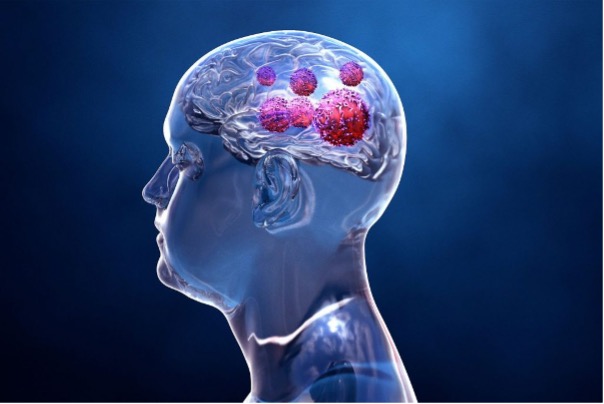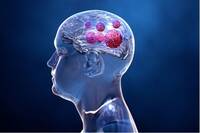MedicalResearch.com Interview with:
Henry Mahncke, PhD
Chief Executive Officer
Posit Science
Dr. Mahncke earned his PhD at UCSF in the lab where lifelong brain plasticity as discovered. At the request of his academic mentor, he currently leads a global team of more than 400 brain scientists engaged in designing, testing, refining, and validating the computerized brain exercises found in the BrainHQ app from Posit Science, where he serves as CEO.
This week, MedicalResearch.com interviews Dr. Mahncke about a new study, with breakthrough results for service members and Veterans grappling with the signature injury of recent wars.
MedicalResearch.com: What makes this study newsworthy?
Response: As the last troops come home from Afghanistan, the battle is not over for many who served and continue to grapple with the signature injury of recent conflicts — mild Traumatic Brain Injury (or mTBI). Typically, such injures were caused by blasts or concussions, and they’ve been diagnosed in more than 300,000 service members. Most recover within a couple days or weeks, but for many — some estimate fifteen percent — physical, psychological, emotional, and cognitive problems persist for years. Such injuries often go untreated, because treatments focus on in-person, customized, cognitive rehabilitation, which can be helpful, but is costly, time-consuming, requires travel for treatment, and relies on the craft and expertise of the healthcare provider.
Up until now, there’s been no effective intervention that’s highly-scalable and that can be delivered remotely. This study showed that remotely-administered
BrainHQ computerized exercises improved overall cognitive performance in a population with very persistent cognitive issues. On average, patients in this study had cognitive issues for more than seven years. That means we finally have a tool shown effective in a gold-standard study that practitioners can employ in treating this large and underserved population, who sacrificed so much to serve our nation.
(more…)







 If you've been in a scrape and your noggin took a knock, playing it tough and shaking it off isn't the way to go.
If you've been in a scrape and your noggin took a knock, playing it tough and shaking it off isn't the way to go. 

